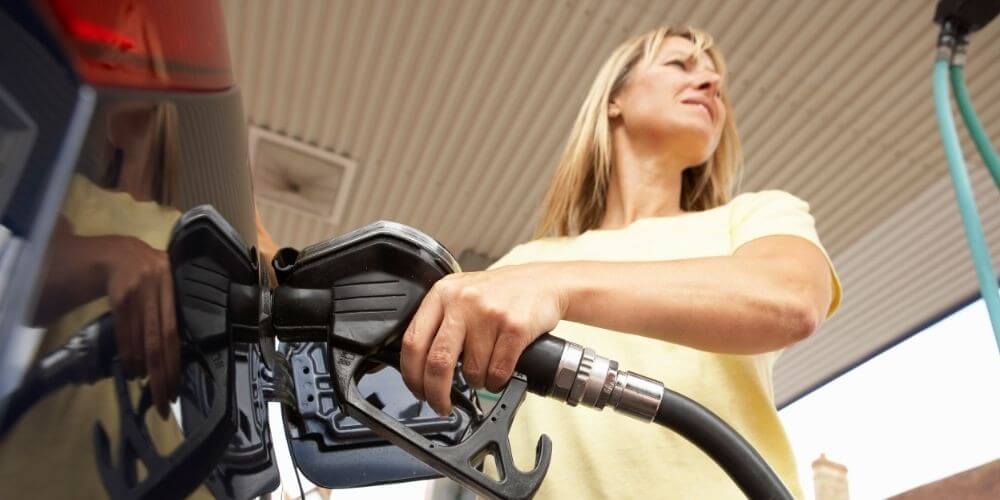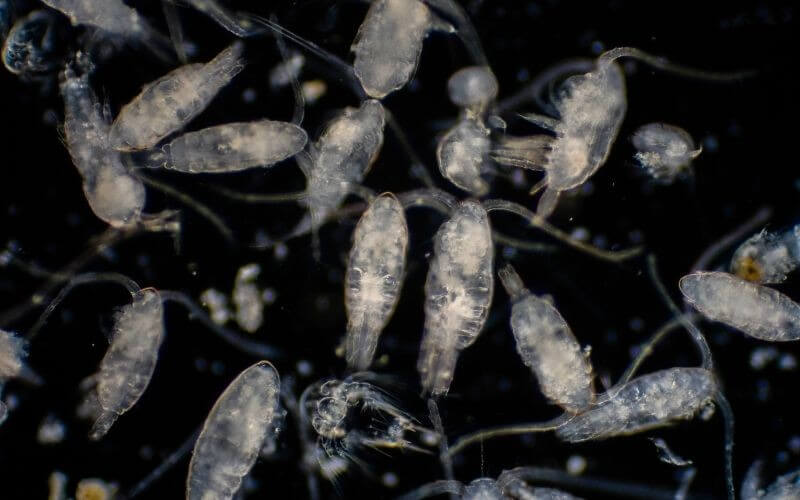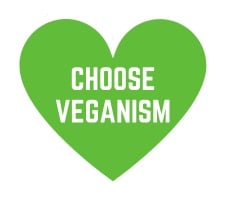These days it seems that the list of things that are ‘not vegan’ is never-ending, with animal products finding their way into all kinds of things from McDonald’s fries to hardback books!
But is petrol vegan? Can you be vegan if you drive a petrol car? What about gasoline, petroleum, crude oil and diesel? This article explains all.

Is petrol vegan?
Petrol (which is also known as gasoline) is vegan. It’s made from microorganisms that lived millions of years ago and no animals are purposefully harmed in the production of petrol. Some vegans may choose to avoid petrol because petroleum products are damaging to the environment and this, in turn, harms animal life.
What is petrol made of?
Petrol is a clear flammable liquid that is made from crude oil (also known as petroleum) and several chemical additives like alcohols, ethers and stabilisers.
While the additives in petrol are not animal-derived, people may wonder about crude oil, believing that it is made from dead animals. There is even a myth that oil is made from dead dinosaurs!
Is crude oil vegan?
Crude oil (aka petroleum) is technically vegan because no animals were harmed to make it. Crude oil is made from dead organisms such as algae and microscopic zooplankton that lived in the sea millions of years ago. When these microorganisms died, they sank into the mud and the combination of time, pressure and temperature turned the energy contained in their remains into oil.

While we can’t rule out that the occasional prehistoric fish got into the oil, petroleum is mostly made from plants, algae and microscopic creatures.
Even if petrol were actually made from dead animals, that wouldn’t necessarily make it not suitable for vegans. The animals were already dead long before nature turned them into oil.
Suggested read: Are fish animals or not?
Can vegans use petroleum products?
Petroleum products include not just petrol and gasoline, but also diesel, asphalt, paraffin, tar, sulfuric acid and some plastics. These petroleum products are technically suitable for vegas because their manufacturing them doesn’t directly harm animals.
However, some vegans may wish to avoid petroleum products because they are damaging to the environment. Damage to the environment caused by oil spills and air pollution, will inevitably also result in harm to living animals.
Can vegans use fossil fuels?
Fossil fuels like coal, oil and gas may contain some matter from dead animals. However, so does the soil that vegetables are grown in, so that isn’t a reason for vegans to avoid them.
The main issue that vegans have with fossil fuels is that burning them releases huge quantities of carbon dioxide into the air. This contributes to climate change, which harms animals, as well as humans.
Can vegans drive petrol cars?
You can drive a petrol car and still be vegan.
When it comes to driving cars. It’s not just petrol that’s the issue. Almost every car contains animal products as these are commonly used in leather interiors, the production of rubber types and to make steel car parts. Of course, there’s also the environmental impact of motoring to consider.
No car is 100% vegan, but I believe that my own car is as close to a vegan car as you can get. It’s a second-hand, electric Nissan Leaf with vegan Michelin tyres and an all-cloth interior, in case you’re wondering.
Of course, an electric car isn’t within everyone’s budget and there should be no shame at all in driving a petrol car if you’re a vegan and it’s not practical to use other modes of transport.
Suggested read: How to buy a car as a vegan
Can you ever be 100% vegan?
Whether you can ever be 100% vegan depends on your definition of veganism.
According to The Vegan Society, veganism is defined as…
“Veganism is a philosophy and way of living which seeks to exclude – as far as is possible and practicable – all forms of exploitation of, and cruelty to, animals for food, clothing or any other purpose; and by extension, promotes the development and use of animal-free alternatives for the benefit of animals, humans and the environment. “
By this definition, it is possible to be 100% vegan whilst driving a petrol car that has animal products in its steel, tyres and interior. if there’s no practical alternative. So if you can walk or cycle, then great. But if you can’t, you’re still 100% vegan if you drive a petrol-powered car!
The purist approach to veganism is rarely used by anyone other than omnivores who use it to try to justify their own lifestyle choices.
The bottom line
Petrol is vegan as it’s made from algae and plankton that lived millions of years ago. However, it’s important to acknowledge that when petrol is burned it creates toxic gases which pollute the air and contribute to climate change. Oil spills also cause damage to water and soil which can harm animals.
Whether or not you choose to avoid petroleum products is a personal choice. However, you can still use petrol and be vegan if you wish.
